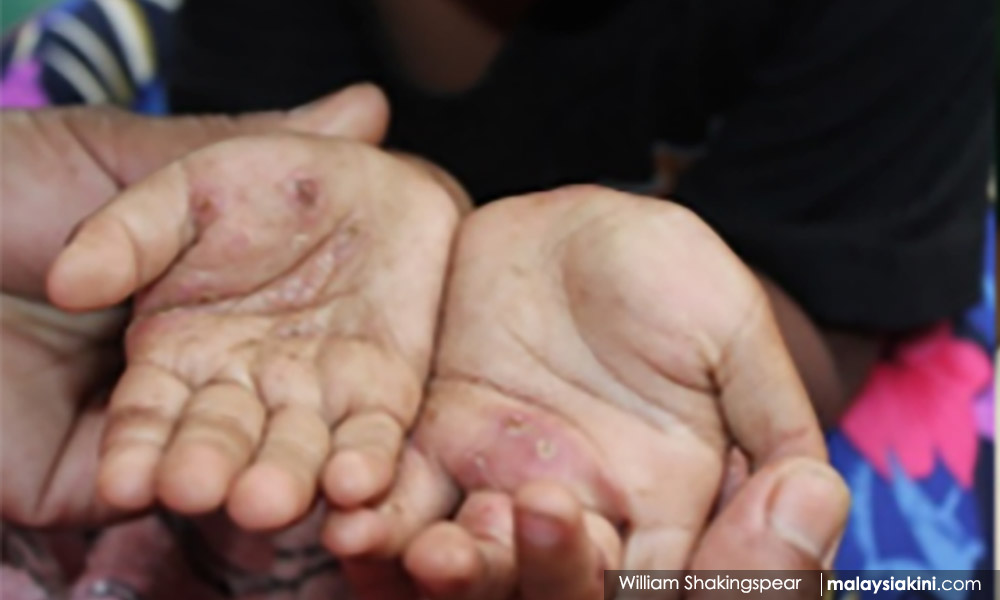COMMENT | Banjaran Titiwangsa, our Main Range represents the backbone of Peninsular Malaysia.
Stretching for hundreds of kilometres from the northerly frontier with Thailand to the upper reaches of Johor, it is the mother of almost all the major rivers of our peninsula and the home to tens of thousands of our forgotten indigenous people.
Life goes on today in the interior of Titiwangsa very much like what it was decades before the birth of our independent nation on Aug 31, 1957, and since then, thirteen national elections.
The people of the interior are well used to hearing and believing the regular five-yearly rosy promises from people who seem – transiently - caring and emphatic to their plight.
They would come with their loudspeakers and loads of goodies to make promises which they knew they would never have to keep. Sadly, after all these years, these simple folks are resigned to remain forgotten whilst the rest of the nation marches in stride into modernity.
Invariably, when the newly-minted flags and banners of the election campaigns rot away under the relentless tropical rain and sun, all that is left behind are the grandiose signboards, proof of broken promises and broken dreams.
Access is almost impossible except for those with a robust set of 4WDs, two wheels or just a pair of hardy feet. A journey of a mere 30 kilometres might take you a good part of a day or more at most times, or even never if Mother Nature does not permit.
Regular basic medical care is a luxury in these forgotten parts of modern West Malaysia. Seeing a qualified doctor within walking distance of their simple bamboo and thatch homes is but a dream.

For those needing emergency care, it is an impossible and long way through routes which are no better described as impassable over-used timber tracks. The rivers in these areas are usually not navigable.
Happily, some villages do have the joy of solar-power (courtesy of some kind NGO). Running water is mainly piped in from nearby rivers. The staple dietary items are tapioca and hill paddy. Their community way of life has remained unchanged, centred on what the land, sun and the rivers can provide.
The health of mother and child is not in keeping with what the national healthcare developmental goals are supposed to be. Cases of malnutrition, untreated worm infestation and skin infections are rampant among the many bare-footed children.
History of infant deaths and early childhood mortality in families are common. Infant nutrition and family planning practice programmes and education are non-existent.
Bamboo, durians
Families struggling with eight children or more are the norm. Entire families survive on less than US$2 per day or merely on subsistence from the land. To find someone truly healthy over the age of 65 is indeed rare. Life expectancy for both males and female adults is clearly way below the national average.
The hundreds of millions of ringgit that was supposedly poured into making their lives better seemed to have flowed down the rivers and rapids.
There is hardly any viable economic activity to keep communities sustainable. The sporadic income from the sale of jungle products like bamboo and durians is hardly sufficient to make ends meet.
The occasional government handouts, sufficient for a limited supply of household essentials would require a day’s journey out to the nearest town. Something is obviously not quite right.
Sadly, there is no way they can return back to the original way of life where they had all they needed. Thousands of hectares of jungle have been re-gazetted, annexed or alienated for development.
Their ancestral right of access, adobes and source of living is now restricted and have made their traditional way of life extinct. In the more accessible areas, the fertile primary forest is gone forever together with their traditional food source.
The promise of a better life in the new Malaysia will never be fulfilled if this is allowed to continue. The backs of these people are indeed broken; broken by the many years of promises that were never delivered.
Sixty years of nationhood has come and gone. These forgotten people need concrete action and not more empty promises. For them, Vision 2020 is as good as gone forever.
Come TM2050, it will certainly be too late.
WILLIAM SHAKINGSPEAR is a pseudonym for a socio-environmentalist.
The views expressed here are those of the author/contributor and do not necessarily represent the views of Malaysiakini.

